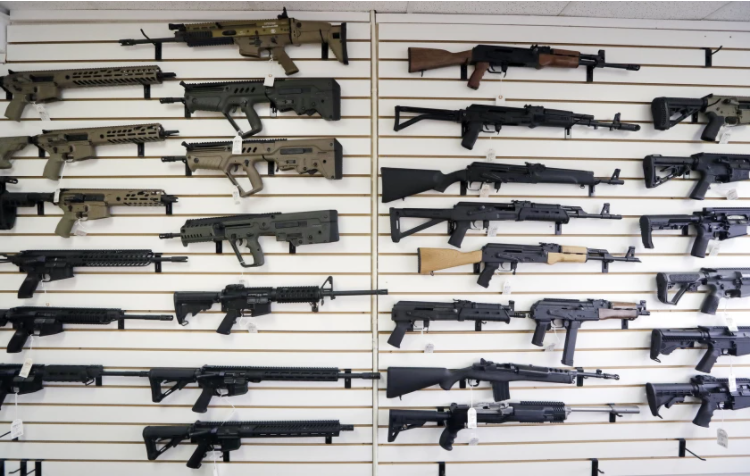Behind the Gun Counter: Distributors

On this day before a midterm election, I thought I’d give everyone a break from the political commentary and address a lighter topic: gun stores. If you’re reading this, you most likely already have a favorite place to buy parts, accessories, ammunition, and complete firearms. Maybe you have friends who work there, maybe you just shop there because it has the best prices in town, perhaps it’s the most convenient option because it’s on your way home from work. Whatever the reason, you’ve shopped there enough times that you’re on first-name basis with the clerk and you already know where to find magazines for a CZ 75 despite not owning one.
I’ve worked in my local gun store since May of 2019; in that time, I’ve picked up more than a few pieces of interesting information that even many firearm enthusiasts may not know. In the interest of entertaining readers, I’ll step off the soapbox once in a while and share some tidbits from the past three and a half years spent behind the counter. Hopefully you’ll find some of them useful, or at the very least, fun to read.
The way the firearm industry works is a little more complicated than it may seem at first glance. Instead of dealing directly with each individual retailer or big-box chain, the manufacturers sell their products to a handful of large wholesale distributors. These companies, such as RSR Group, Davidson’s, and Sports South, operate large warehouses in which they maintain a constant inventory of everything from $3,000 precision rifles all the way down to 30¢ trigger guard roll pins. Your local shop is registered as a dealer with a few different distributors; at regular intervals, the manager places a large order with at least one of them. If the gentleman or lady behind the counter tells you he or she can’t special-order a Mossberg 590 Mariner even though there’s already a 590 SPX on the shelf, the reason is most likely that the store places a large order every two months and doesn’t want to pay extra shipping fees to bring in just one firearm at a time instead of 65.
At this point, you may be wondering why manufacturers and retailers still work through distributors instead of increasing their margins by cutting out the middleman. As a matter of fact, distributors actually make life easier for the people working on both ends. Each manufacturer’s sales department only has to work with one or two dozen clients instead of thousands, and the buyer at your local gun store has a one-stop online shop for everything instead of maintaining accounts with each individual manufacturer.
Now that you know a little bit more about the gory details of how the stores get their inventory, how does this knowledge benefit you as a consumer? Well, let me introduce you to the concept of the “distributor exclusive.” Not every firearm is available for every store to buy, even if the store already stocks that brand’s products. Many larger gun companies make deals with one distributor to reserve a few specific configurations for them. You can use this to your advantage. For example, if you have your heart set on a Ruger Wrangler revolver with purple Cerakote (you do you, I guess), you don’t need to find a store where it’s in stock if you can find out which stores in your area work with what distributors. Your purple revolver happens to be a distributor exclusive, so you can bet that if they carry the Wrangler already, they’ll eventually get yours in stock. If you talk to that store’s buyer and ask extra nicely, he or she will more than likely put one in the next bulk order.
